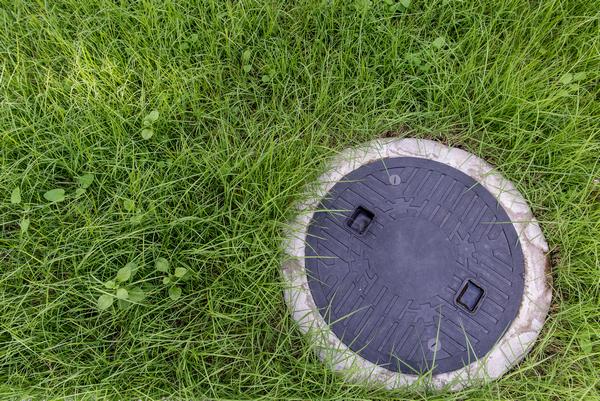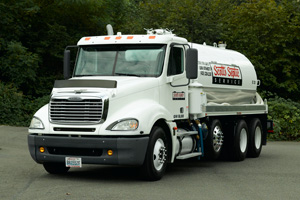- (253) 261-3453
- (206) 878-6873
- (425) 228-1150
- Mon-Fri 8am-6pm, Sat 9am-3pm






- (253) 261-3453
- (206) 878-6873
- (425) 228-1150
- Mon-Fri 8am-6pm
- Sat 9am-3pm




Pumping South King County for over 20 years!
You can reach out to me via text or call to (253) 261-3453. You can also give me a call at (206) 878-6873 or (425) 228-1150.
Working time:8:00 am–6:00 pm
Boulevard Park Septic Tank Alarm

When we think about our homes in Boulevard Park, the last thing on our minds might be our septic systems. However, did you know that around 1 in 5 homes in the U.S. rely on septic systems? This highlights the importance of maintaining our septic systems, and that’s where Scott’s Septic Service comes in. We specialize in ensuring that your septic tank alarm functions correctly, keeping your home safe and your systems running smoothly.
Our team understands the unique challenges faced by homeowners here, especially when it comes to septic tank alarms. A properly functioning alarm can alert us to potential issues before they escalate, saving us from costly repairs down the line. Whether it’s a high-level alarm or a warning signal, we are here to help. Let’s explore some of the critical aspects of septic tank alarms that we should all be aware of.
- Septic tank alarm going off: What should you do?
- Why is my septic alarm beeping? Understanding the signals.
- Septic tank high level alarm: Recognizing the risks.
- Septic tank warning alarm: Key alerts to monitor.
- Septic alarm troubleshooting: Solutions for common issues.
Staying informed about septic tank alarms is crucial for all of us in Boulevard Park. Regular maintenance and monitoring can prevent issues that might disrupt our daily lives. By paying attention to the signals our systems provide, we can ensure our homes remain safe and functional.
If you have questions or need assistance with your septic tank alarm, don’t hesitate to reach out to us at Scott’s Septic Service. Call us at (253) 261-3453 or visit our contact page for more information.
Boulevard Park Septic Tank Monitoring
Living in Boulevard Park means being part of a community that values safety and comfort in our homes. One essential aspect of maintaining that comfort is ensuring our septic systems are monitored effectively. Research shows that regular monitoring can extend the life of septic systems and prevent significant failures, which is why it’s crucial for us to stay vigilant.
Our septic tank monitoring services are tailored to meet the specific needs of our community. By keeping an eye on our systems, we can catch potential issues early and address them before they become severe problems. Here are some of the key features of our septic tank monitoring services.
- Septic tank alarm system: Keeping you informed.
- How does septic alarm work? Understanding the technology.
- Septic tank float alarm: A critical safety feature.
- Septic tank monitor alarm: Regular updates for peace of mind.
- What does septic tank alarm mean? Clarifying common signals.
Regular monitoring can provide us with peace of mind, knowing that our septic systems are functioning as they should. In Boulevard Park, it’s especially important to stay proactive about our systems to avoid any unwanted surprises.
If you want to learn more about our septic tank monitoring services, feel free to contact us at Scott’s Septic Service. Give us a call at (253) 261-3453 or visit our contact page for more details.
Boulevard Park Septic Malfunction Alarm
In our vibrant Boulevard Park community, septic systems play a vital role in maintaining our homes’ sanitation and safety. When a septic malfunction alarm goes off, it’s essential for us to act quickly. According to studies, a significant number of septic failures are preventable with timely intervention, making our awareness crucial.
Understanding how septic malfunction alarms work is key to ensuring our systems are always in top shape. These alarms alert us to issues that could lead to more significant problems if left unchecked. Let’s delve into some important points about septic malfunction alarms that can help us keep our homes safe.
- Septic alarm going off: Recognizing the urgency.
- Septic tank warning alarm: What it signifies.
- Septic system alarm meaning: Understanding alerts.
- How to silence septic alarm: Steps to take.
- Septic high level alarm: What to monitor closely.
Being informed about septic malfunction alarms is crucial for all homeowners. By understanding what these alarms mean and how to respond, we can prevent costly repairs and ensure our systems work efficiently.
If you need support with your septic malfunction alarm, reach out to us at Scott’s Septic Service. Call (253) 261-3453 or visit our contact page to get started.
You can reach out to me via text or call to (253) 261-3453. You can also give me a call at (206) 878-6873 or (425) 228-1150.
Common Septic Questions(FAQ)
We recommend not using a garbage disposal with a septic system. The use of a garbage disposal will dramatically effect the amount of scum and sludge produced, and will significantly increase your need for pumping.
The main components of a septic system are:

